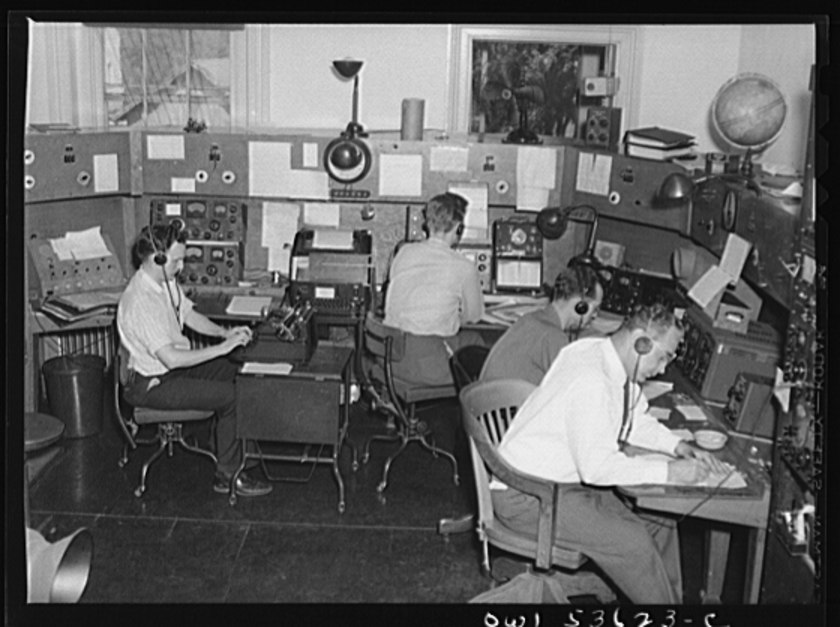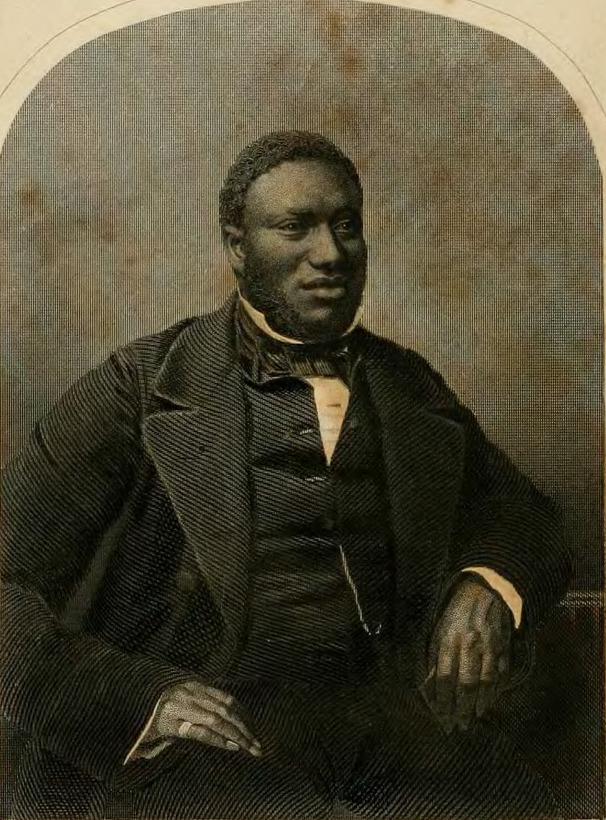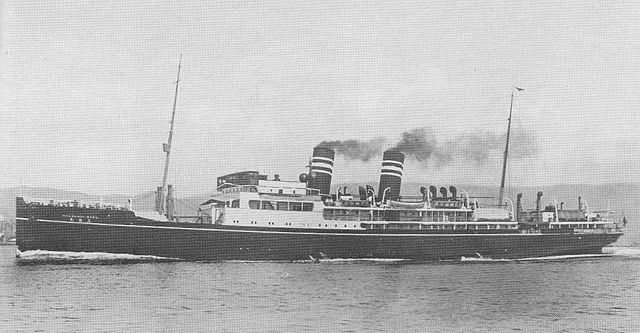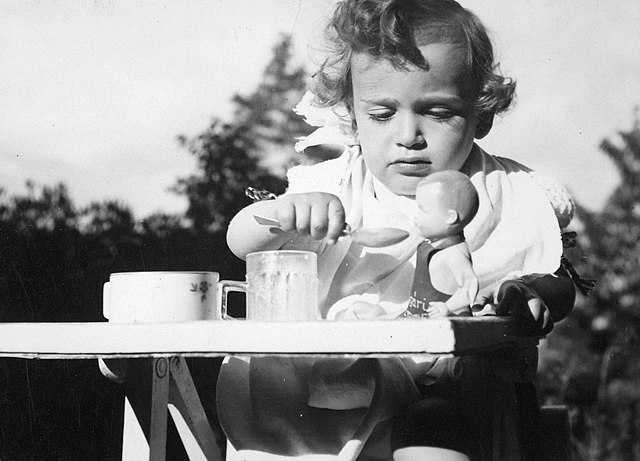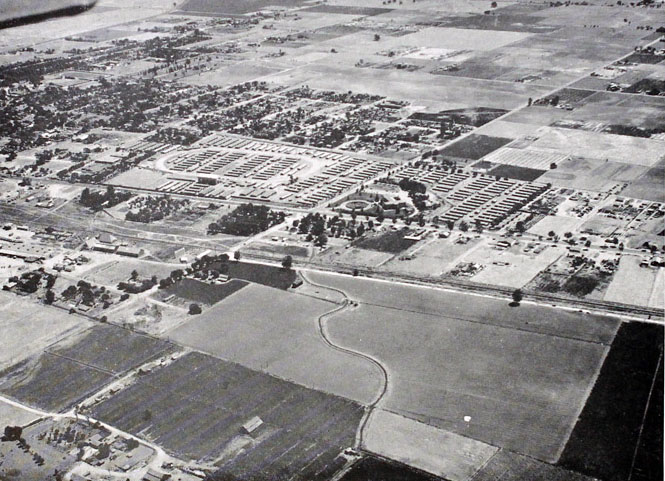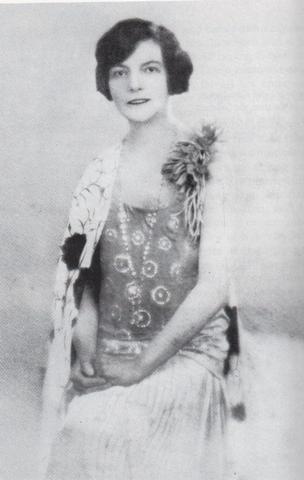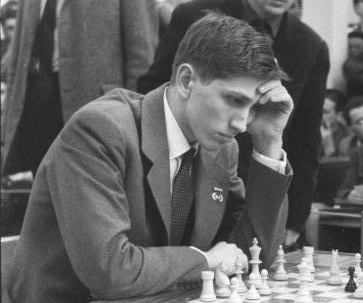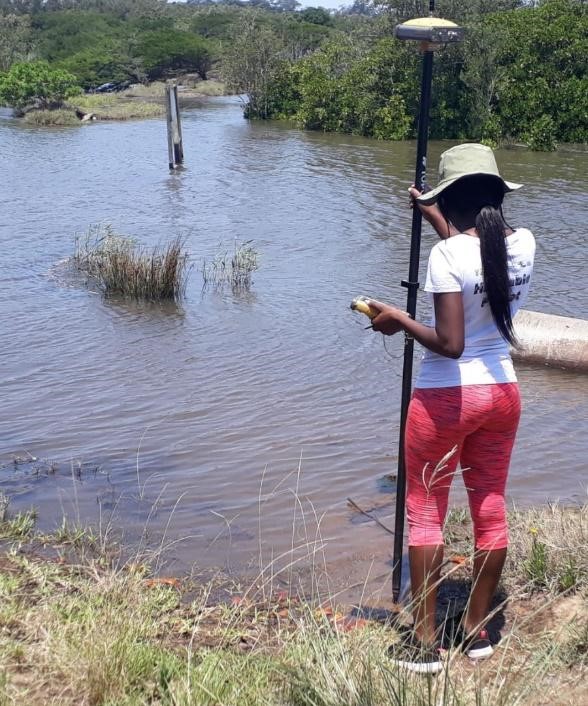By Alex White The birth of international radio in the 1920s was marked by a feeling of utopian hope. A new type of media had emerged which could travel huge distances instantly, link distant peoples and build global communities through the human voice. International broadcasting, however, would soon be set on a different trajectory. Radio’s […]
Posts
By Kate Rivington Scholars have long recognised the importance of religious ties to the formation and maintenance of reform networks. Most notably, for transatlantic abolitionism, scholars have recognised the importance of long-standing Quaker connections, like those dating back to the late eighteenth century between the London-based Society for Effecting the Abolition of the Slave Trade […]
By Hayley Keon The clouds sat heavy over the harbour but they did little to dampen Louise van Evera’s mood. Writing in her diary on the 19th of November 1927, the twelve-year-old revelled in the day’s excitement, recording in detail the guests and gifts that her family had received as they prepared to depart Shanghai […]
By Daniela Lechuga Herrero The Mexican revolution was a conflict that was experienced in different ways and with different intensities throughout the country. The postr-evolutionary governments, such as the one of Álvaro Obregón, Plutarco Elías Calles and Lázaro Cárdenas, strengthened their policies to recover the country’s stability. In addition to the improvements in education and […]
By Harry Taylor The outbreak of Civil War in Spain in the summer of 1936 caused reactions across the globe. Whilst the leading powers in the world opted for a policy of containment designed to prevent another international conflict, countless men and women organised in support of the threatened Republican government. Most famously, this took […]
By Henry Jacob It is always hard to miss the chance to offer a farewell in person. Leftist organizer Walter Millsap faced this scenario on May 12, 1942. That night, Millsap arrived at the home of his best friend Keikichi Imamura in Pasadena, California. Even after the bombing of Pearl Harbor, Millsap remained close to […]
By Catherine Stainer In 1920s London, women were at the centre of the city’s nightlife. Kate Meyrick (1875-1933), dubbed the “Queen of the Nightclubs” by the press, was a pioneering businesswoman whose career as a nightclub proprietor spanned the length of the decade, despite five stints in prison for contravention of licensing laws.[1] In early […]
By Prarthana Sen For decades, the Russians have been strong in chess as their leaders went about promoting the game ever since the Bolshevik Revolution of 1917. Chess became a favourite Soviet pastime, with tall political figures like Vladimir Lenin and Joseph Stalin being regular practitioners of the game. The strategic game could be seen […]
By Niall Gray The historian’s relationship with government has always been a contentious subject. Called to inform and encourage debate across all sections of society, historians have repeatedly run into difficulties when engaging with state authorities. This is often due to the potentially sensitive topics that researchers wish to discuss, with the British government subsequently […]
By Nomvula Mpungose Rainfall in subtropical southern Africa experiences substantial changes in space and time owing to factors such as regional orography, geographic position, impacts of large-scale climate modes (E.g. El Niño Southern Oscillation; hereafter ENSO), and changes in regional sea surface temperatures. The assessment of rainfall patterns and prediction of extreme rainfall events is […]
